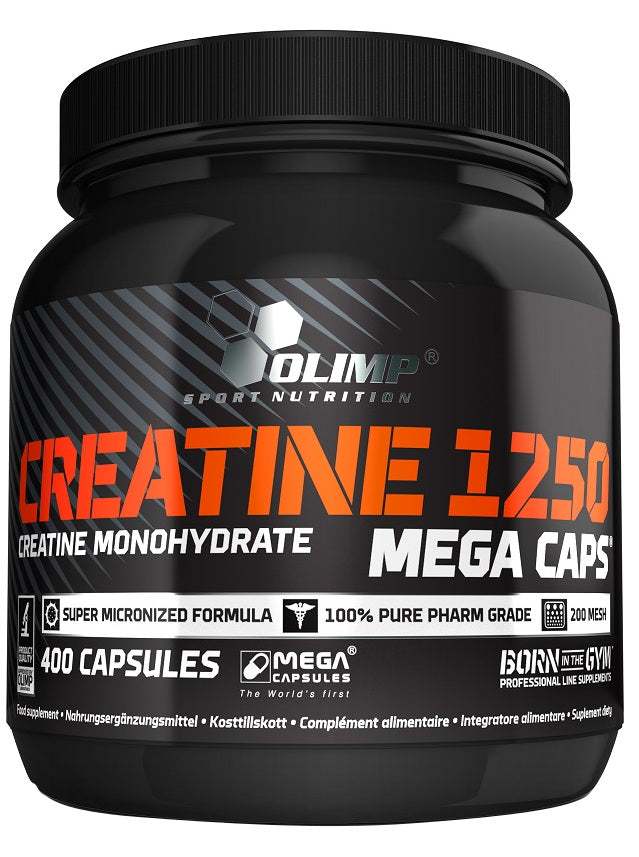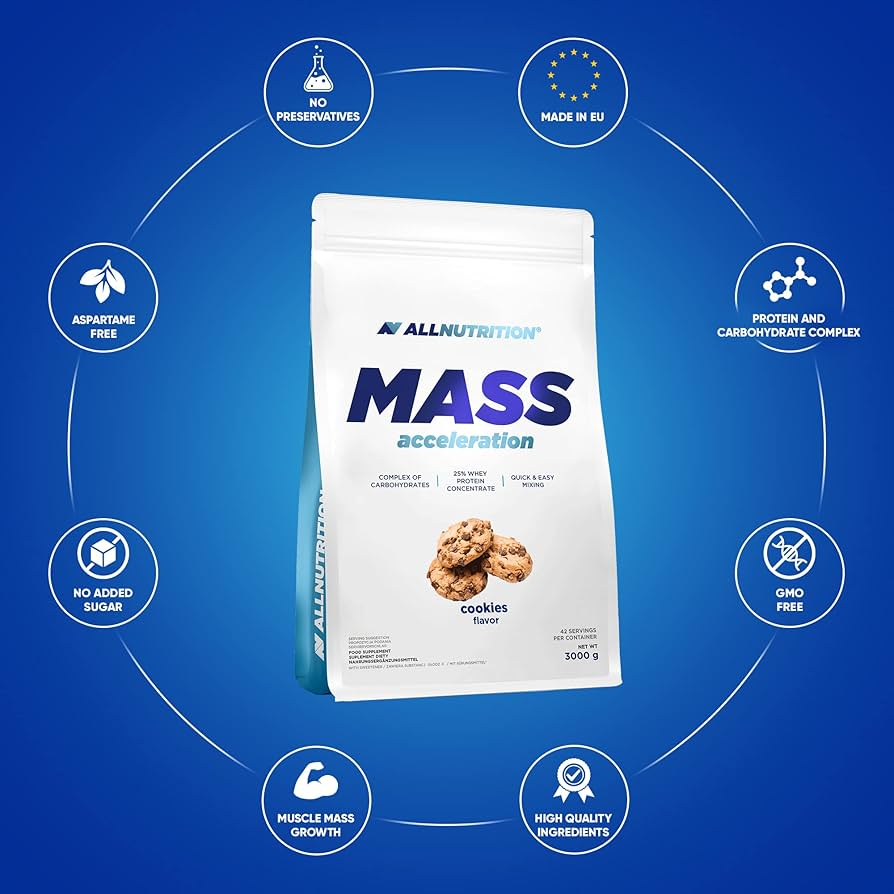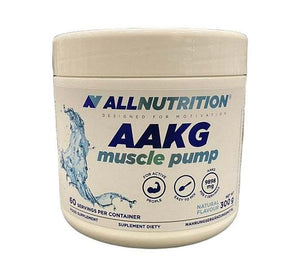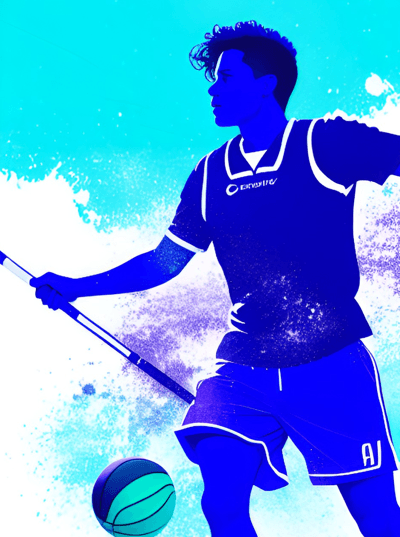
 Instagram
Instagram
What's the Strongest Muscle in the Human Body?


Related products
The concept of muscle strength is more complex than it seems, as different muscles perform different types of work. Some muscles generate maximum force, others display incredible endurance, while some are essential for stability and posture. Physiologists and fitness experts have long debated which muscle holds the title of the "strongest" based on different criteria.
For those interested in enhancing muscle performance, strength, and endurance, our Sports Performance Hub offers guidance and products to optimise muscle function.
How Do We Define Muscle Strength?
Since muscles serve different functions, strength can be measured in several ways:
- Maximum force output – The ability of a muscle to generate the most force in a single contraction, such as in weightlifting.
- Endurance – The ability to sustain contractions over long periods, such as the heart continuously pumping blood.
- Explosive strength – How quickly a muscle generates force, which is essential for sprinting and jumping.
- Stabilising strength – The ability of a muscle to support posture and balance, keeping the body aligned during movement.
Because of these varying definitions, multiple muscles could claim the title of "strongest" depending on the context.
The Strongest Muscles in the Human Body
1. The Masseter (Jaw Muscle)
If maximum force output is the deciding factor, the masseter muscle is the strongest. Located in the jaw, this muscle is responsible for chewing and biting. The Guinness World Records states that the masseter can exert a bite force of up to 4,337 Newtons (975 pounds of force), which is incredibly strong compared to other skeletal muscles.
Because the jaw muscle is small but highly powerful, nutrition and supplementation can play a role in maintaining its endurance. Consuming Essential Amino Acids (EAAs) can support muscle recovery and function, ensuring efficient strength maintenance.
2. The Gluteus Maximus (Largest and Most Powerful Muscle)
The gluteus maximus, also known as the buttocks muscle, is the largest and one of the strongest muscles in the human body. It plays a vital role in:
- Posture and stability – Keeping the body upright.
- Generating power – Assisting in running, jumping, and climbing.
- Supporting heavy loads – Essential for lifting movements such as deadlifts and squats.

For individuals looking to train and strengthen their glutes, using gym machines and equipment such as leg presses and squat racks can be highly beneficial. Resistance-based training improves muscle hypertrophy and endurance in the glutes, enhancing overall power.
3. The Heart (Most Enduring Muscle)
The heart is arguably the most critical muscle, as it works non-stop from birth to death. This muscular organ pumps approximately 2,500 gallons (9,450 litres) of blood daily, keeping the body alive. Unlike skeletal muscles, which can rest, the heart is built for continuous endurance.
Cardiovascular health is essential for optimal athletic performance. Pre-workout supplements, such as Conteh Sports Mega Pump, can enhance blood circulation and oxygen delivery to muscles, improving endurance and recovery.
4. The Rectus Femoris (Quadriceps Powerhouse)
The rectus femoris, part of the quadriceps group, is crucial for leg movement, jumping, and running. It plays an essential role in:
- Explosive power – Used in sprinting, squats, and jumping.
- Leg extension – Key for walking, climbing stairs, and athletic performance.
- Supporting body weight – One of the primary muscles that keeps the body mobile.
Strengthening the quadriceps through resistance training is vital for lower body strength. Using dumbbells for weighted lunges and squats can improve power and endurance. Additionally, creatine supplementation can enhance muscle recovery and force production, allowing for better performance in leg-heavy exercises.
5. The Soleus (Endurance and Postural Muscle)
The soleus, found in the calf, is one of the most fatigue-resistant muscles. It helps with:
- Standing and walking – Keeps the body balanced for long periods.
- Stabilisation – Prevents the body from falling forward.
- Jumping power – Essential for explosive movements like box jumps and sprinting.
Since the soleus muscle is constantly active, it requires high endurance and recovery support. Supplements like Strom Sports FocusMax can help with focus, stamina, and muscle efficiency during workouts.
How to Train the Strongest Muscles Effectively
While all muscles play different roles in strength, endurance, and stability, training them efficiently can enhance overall physical performance.
1. Compound Movements for Maximal Strength
Exercises like squats, deadlifts, and bench presses target multiple muscle groups, improving overall power. Incorporating sports supplements can optimise performance, recovery, and muscle growth.
2. Cardiovascular Training for Endurance
Since the heart and soleus require endurance, activities like running, cycling, and swimming improve cardiovascular fitness and muscle efficiency. Using pre-workouts and nitric oxide boosters, such as Conteh Sports Mega Pump, enhances blood flow and stamina during endurance sessions.
3. Explosive Training for Power
Movements like box jumps, Olympic lifts, and sprints develop fast-twitch muscle fibres, essential for explosive power in the rectus femoris and glutes. Adding creatine to a training routine supports muscle recovery and maximises power output.
Final Thoughts
Determining the strongest muscle in the human body depends on how we define strength—whether it’s brute force, endurance, or stabilisation. The masseter, gluteus maximus, heart, rectus femoris, and soleus all exhibit different strengths, making them among the most powerful muscles in the body.
For those looking to train efficiently and enhance performance, combining resistance training, cardiovascular endurance, and sports supplementation is key. Strengthening these muscles with proper equipment, workout strategies, and recovery supplements ensures maximum strength, endurance, and muscle growth over time.
















 Rated Excellent by 26,523+ Reviews
Rated Excellent by 26,523+ Reviews